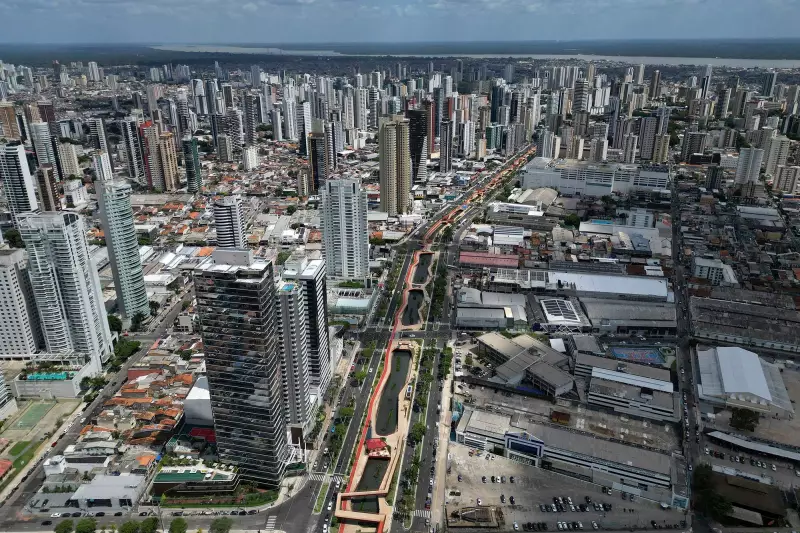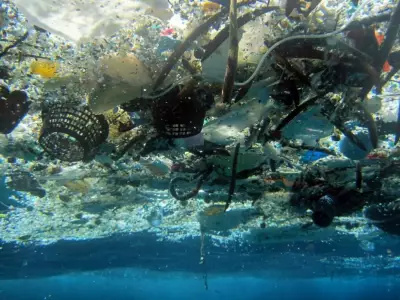
While the United States may not have an official seat at the table for the COP30 climate summit in Brazil next year, its political winds and policy decisions are already casting long shadows over the upcoming negotiations. The world's second-largest emitter continues to wield significant influence through alternative channels, creating a complex dynamic for global climate diplomacy.
The American Political Pendulum
The upcoming U.S. presidential election presents what climate experts call the "biggest wildcard" for international climate efforts. With the potential for dramatic policy shifts depending on the election outcome, other nations are watching Washington with apprehension. The possibility of another U.S. withdrawal from climate commitments, similar to the Trump administration's Paris Agreement exit, has foreign diplomats preparing contingency plans.
Alternative Pathways to Influence
Even without formal participation, America's climate impact extends through multiple channels:
- Subnational Action: States like California continue pushing ambitious climate policies that rival national commitments from other countries
- Financial Leverage: U.S. contributions to climate funds and development banks shape where and how climate finance flows globally
- Technological Innovation: American clean tech companies drive global market transformations in renewable energy and electric vehicles
- Diplomatic Partnerships: Bilateral agreements with major emitters like China create parallel tracks to UN negotiations
Brazil's Delicate Balancing Act
As host nation, Brazil faces the challenge of navigating America's unofficial presence while advancing its own climate agenda. The South American nation must balance maintaining productive relations with Washington against the need for ambitious global action. This diplomatic tightrope becomes particularly precarious given Brazil's own complex political landscape and development priorities.
The Ripple Effects of American Decisions
Recent U.S. legislation, particularly the Inflation Reduction Act, has already redirected global investment patterns in clean energy. This demonstrates how domestic American policies can effectively set international standards and shift market dynamics, regardless of formal participation in climate summits. The act's massive investments in clean technology have forced other nations to respond with their own industrial policies.
A New Era of Climate Diplomacy
The COP30 scenario highlights an evolving reality in global climate politics: formal membership in international agreements no longer exclusively determines a nation's influence. Economic power, technological innovation, and financial resources create parallel systems of impact that transcend traditional diplomatic channels. This fragmentation presents both challenges and opportunities for global climate progress as the 2025 summit approaches.





